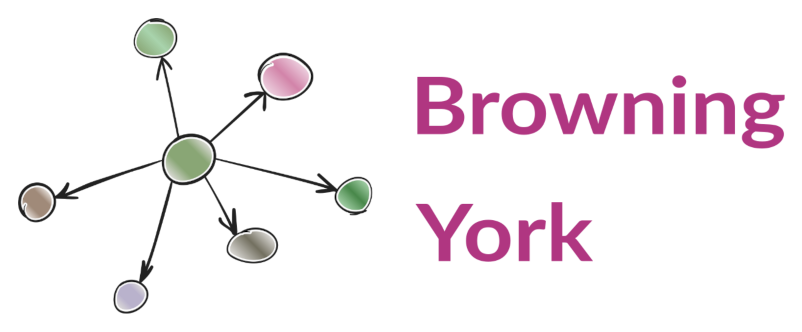During this piece I am going to share with you two words that will make a difference to the way you communicate.
I know what you’re thinking. Can two words really improve your communication? Make people sit up and take notice? Create readers (and listeners) who will hang on your every word? Even, dare I say it, cause your colleagues to start doing things differently just because you’ve asked them to?
It’s a bold claim, I know. But I really do think these things can happen. Based on my experience.
The clients I work with usually have some form of communication activity going on. They ask me to come and help them because they recognise that what they’re doing isn’t working. For example:
- A healthcare organisation was putting a lot of effort into a staff newspaper, but no-one seemed to be reading it.
- Another client was sending out emails about important new processes, but no-one was changing the way that they were buying goods and services.
I work with these organisations to find out what’s going wrong and identify ways to make things more effective.
Why, who, what
Regular readers of this blog will know that I strongly advocate a planned approach to communication. Before you put pen to paper, fingers to keyboard or mouth to presentation, you need to think about what you are trying to achieve. How can your communication activity support the objectives and direction of your organisation?
You also need to deploy your ears and listen to colleagues around your organisation. Get to know their likes, dislikes, interests and motivations. This will help you understand what matters to them and what will inspire them to engage and communicate with you.
(Don’t worry, I haven’t forgotten about those two words; bear with me…)
Cutting through
Once you’re clear on your ‘why’ and ‘who’, it’s time to move on to ‘what’. The messages you’d like to get across and the ones that others want to hear. The way organisations and the world in general operate now, messages are generated by everyone. This isn’t just a top-down process anymore, if it ever was.
With a lot of information to sift through (most of which they will likely ignore), your messages have to be even more relevant to be heard above the noise. Which brings me back to those two little words….
The grand reveal
Each time you put together a communication, ask yourself ‘so what?’
Without explicitly making the connection between the new finance process and the number of vulnerable people you can help, for example, your audience won’t understand why they need to go to the trouble of changing what they do.
If you don’t remind your audience that the coffee mornings which raised £thousands will fund an outreach worker for 6 months, they might not understand the significance of those events.
When you ask yourself why your audience should care and get to the bottom of how your story makes a difference to your shared purpose, you identify the key message.
It doesn’t have to be complicated or tricky to do. Sometimes simply adding a sentence that says ‘This means that we can sponsor an additional 50 children through our training programme so that they learn vital skills for life’ can be really powerful. It makes the ‘so what’ clear. It spells out why the audience should be bothered.
So there you have it. Two little words that can make a big difference.
If you would like help with putting the ‘so what?’ factor into your communications, please get in touch.
Until next time
Sarah


Thanks Sarah for such simple and actionable pointers to help our message be heard amongst the ‘noise’.
Thanks for commenting, Kate, I’m glad you found this post useful.